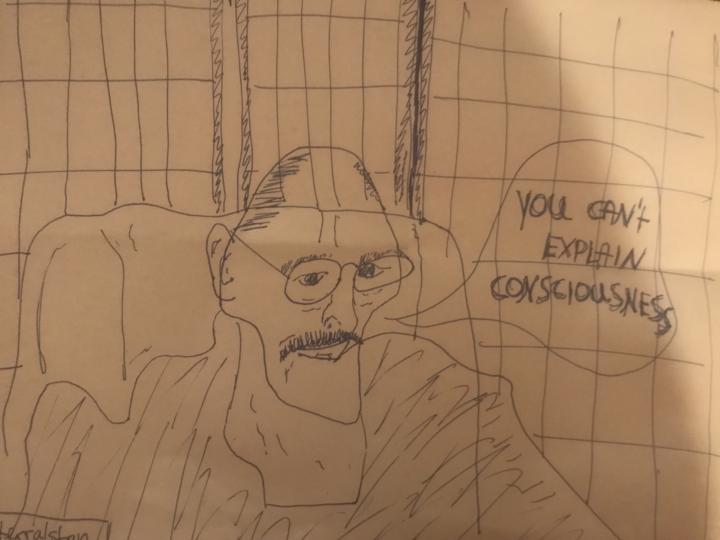Activity
Mon
Wed
Fri
Sun
Mar
Apr
May
Jun
Jul
Aug
Sep
Oct
Nov
Dec
Jan
Feb
What is this?
Less
More
Memberships
Unified Mindfulness
951 members • Free
Unified Mindfulness
2.1k members • Free
The Consciousness Path
527 members • Free
25 contributions to The Consciousness Path
Listening as a principle
I was looking at what true listening entails. It seems to me that the more I pay attention, the more evident it becomes that I'm not particularly good at it - not so much in the conventional sense, but in a deeper way. Imagine someone is communicating a profound insight to you - whether it relates to consciousness work, transformation, or something else entirely. What do you do with it? Do you immediately accept it, reject it, believe it, disbelieve it? Do you hear the words, filter them through your mind, recall past references to what's being said, and then conclude that the communication is now understood? Perhaps the first sign of poor listening is this very impulse or predisposition to claim that you've already understood the communication. This seems to be common. We don't realize that we may have failed to listen, that we haven't experienced the insight being shared (or at least not as profoundly as we could have). So how can we better "listen," especially in this context? What even is that about?
2 likes • 2d
@Devin Henderson Not sure. Openness could be the underlying principle, with listening being an activity or form through which openness shows up. I'm inclined to say it's interactive, in the sense that it manifests within an interpersonal context. Unless we want to say that "things" somehow communicate with us? For example by way of the feedback we receive from the consequences of our thinking and other actions. Listening might simply mean paying attention in that case, or, as you said, not knowing.
Honesty vs. Compassion
I think I am falling in a trap, lately. I tend to have a hard time relating with people when they talk about their struggles and problems. I feel like I can clearly see through their crap and often point out ways of how they are being dishonest to themselves instead of taking responsibility. I tend to do this instead of showing acceptance and compassion towards them. I am assuming that I know how they would be better off and that I have to behave as their teacher. I think that I am being honest, yet at times, this behaviour makes it hard to relate to people. Has anybody else experienced this at some point? I think the broader question is, how to effectively balance honesty and compassion?
Caught creating a self
One day, when I was a teenager, I caught myself creating a self. I was sitting in a balcony in my flat in Kyiv when it suddenly hit me that I had to take on some personal qualities to become 'a someone'. I didn't know WHY I had to be that particular someone. Everybody seemed to be doing it - and the only alternative to that was "being noone", and I didn't want that. The curious part was, deep down, I didn't feel like any of the qualities I could assume would describe me truthfully. I knew that every quality would be a lie or an act, but I had to do that anyway, because it was the only game in town. I wasn't conscious back then of the real reasons why I was doing it. I didn't question who I really was at that point. Today I was contemplating "Why did I feel compelled to create and maintain a sense of being a particular self in the first place?", and this memory came up. So I decided to share it because I thought it was interesting.

1-10 of 25





